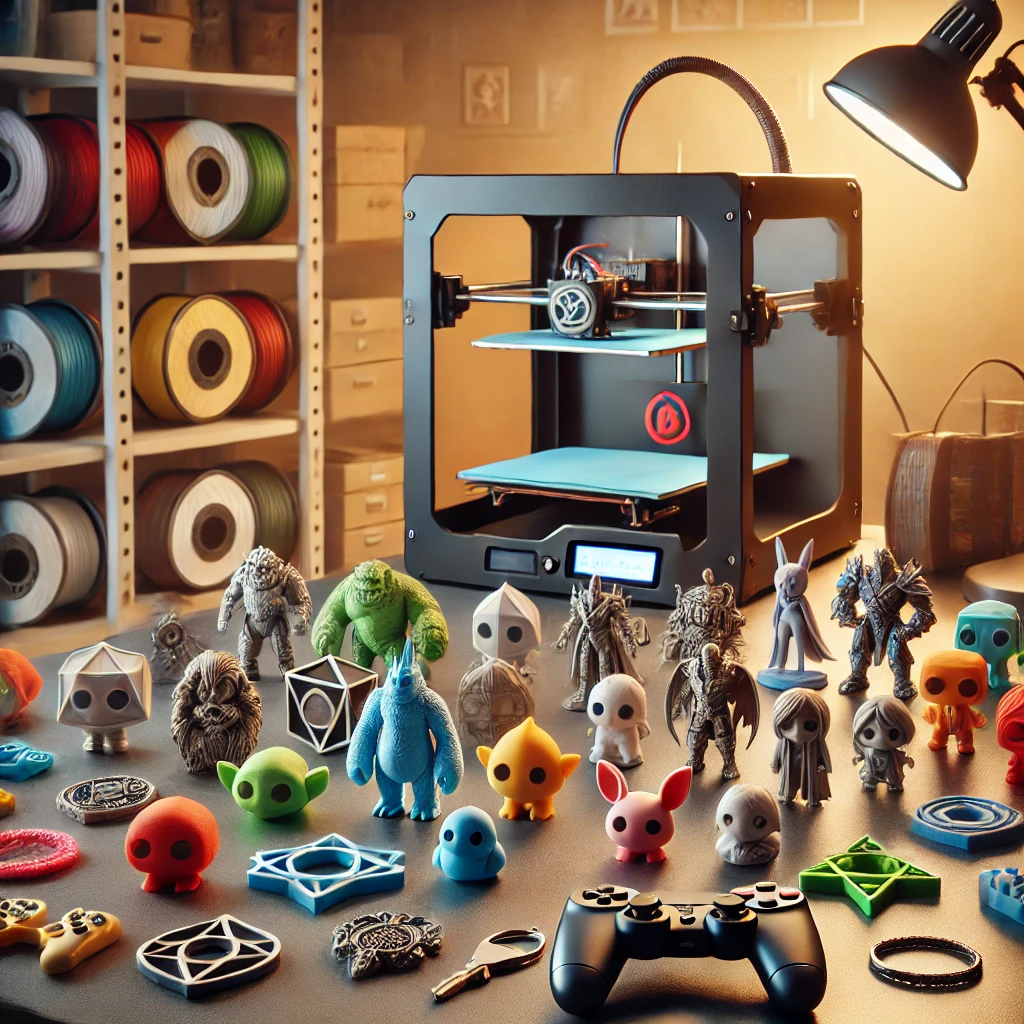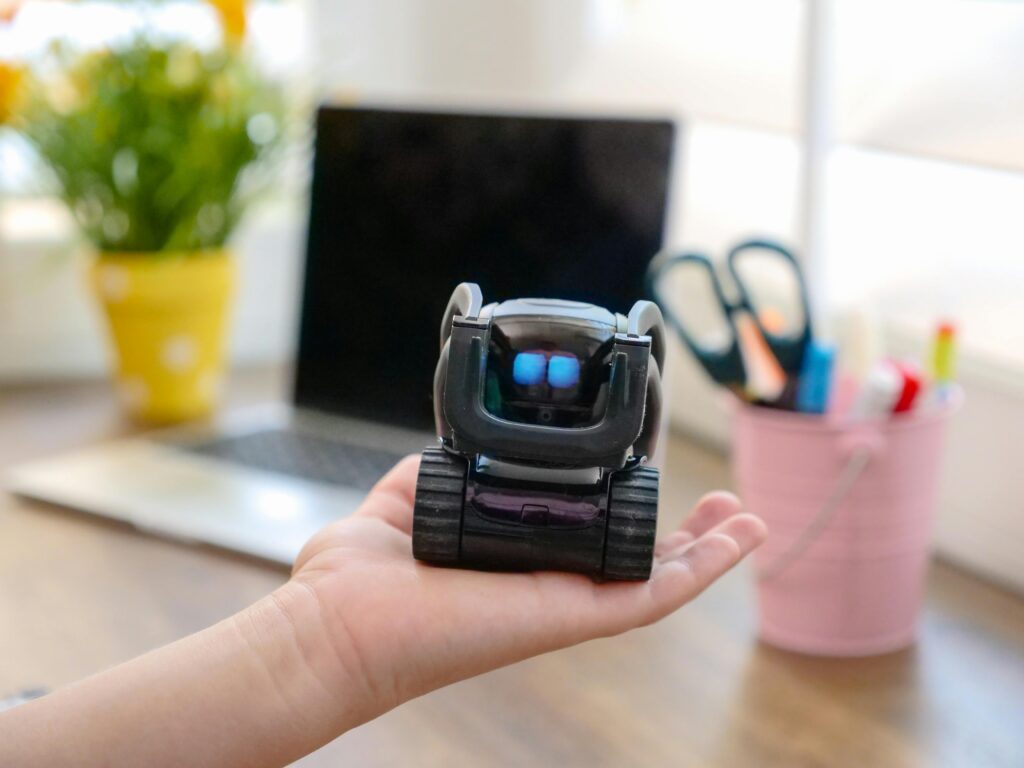Humanoid Robots: The Gentle Future of Daily Companionship
Have You Ever Imagined Having a Robot as a Daily Companion? For many, this idea still sounds like something out of a sci-fi movie. But the truth is that technology is evolving so fast that soon, having a robotic assistant will be as common as owning a smartphone.
And contrary to what some may think, these robots won’t be cold or impersonal. They’ll have a touch of emotional intelligence, programmed empathy, and a friendly presence that reminds you:
“It’s time for your medication, but first… shall we have a coffee together?”
This is already becoming a reality through artificial intelligence programs that are increasingly adapting to show more personality, empathy, and user understanding.
Foto de Pavel Danilyuk no Pexels
More Than Just Technology: Care and Companionship
What makes a new technology popular is its ability to solve problems and make our lives easier. It happened with electricity, cars, refrigerators, the Kindle, and so on.
Following this same line of reasoning, I believe the same will happen with humanoid robots. If you think about it, we’re already surrounded by robots that help us with various tasks, even if they’re not humanoid yet.
Older adults face unique daily challenges: loneliness, mobility issues, memory lapses, and health concerns that require constant attention. That’s where robotic assistants can make all the difference.
With sensors and artificial intelligence, they’ll be able to:
- Remind users of medications and medical appointments
- Detect falls or changes in vital signs (via smartwatches or integrated sensors)
- Help with simple tasks like calling family, playing music, or organizing the schedule
- Engage in conversations and offer emotional support
- Encourage physical and cognitive activities with games, walks, and dancing!
Connected to the Body and the Heart
With the help of smart devices like watches or even rings (which are already a reality), these robots will be able to monitor:
- Heart rate
- Blood pressure
- Sleep quality
- Blood oxygen levels
- Movements and falls
And the most beautiful part? They’ll adapt to each person’s lifestyle and rhythm. They’ll respect silences, celebrate victories, remember old stories, and even learn preferences such as:
“Play Mr. João’s favorite music: Elis Regina, medium volume.”
Robots That Dance, Cook, and Keep You Company
These assistants won’t replace human love, but they’ll fill the gaps in our routines. They’ll dance with Dona Maria in the late afternoon, do stretches with Mr. Antônio, prepare some soup, and even crack a light joke to brighten the day.
They’ll be like tireless grandchildren: patient, affectionate, and always present. And the best part — they’ll be there whenever needed, without haste or judgment, with all the technology in service of affection.
Foto de Rui Dias no Pexels
The Future Is Coming… and It’s Kind
It may sound far away, but this future is getting closer every day. There are already robots that recognize emotions, detect falls, and even mimic facial expressions. With the advancement of AI, robotics, and wearable connectivity, this intelligent and emotional care will become a reality in the coming years.
Conclusion: Technology with a Soul
More than a technological revolution, robotic assistants will bring about a human revolution. A new way to care, with more presence, attention, and dignity. They won’t replace us, but complement us — acting as a bridge between the digital world and the warmth of human contact.
And maybe, in the future, the most common phrase among older adults will be:
“Let my robot take care of that for me.”
I can’t wait for that. Can you?
Did you like this post?
Share it with someone you love! And tell me in the comments: would you have a robotic assistant? What would it do for you?






